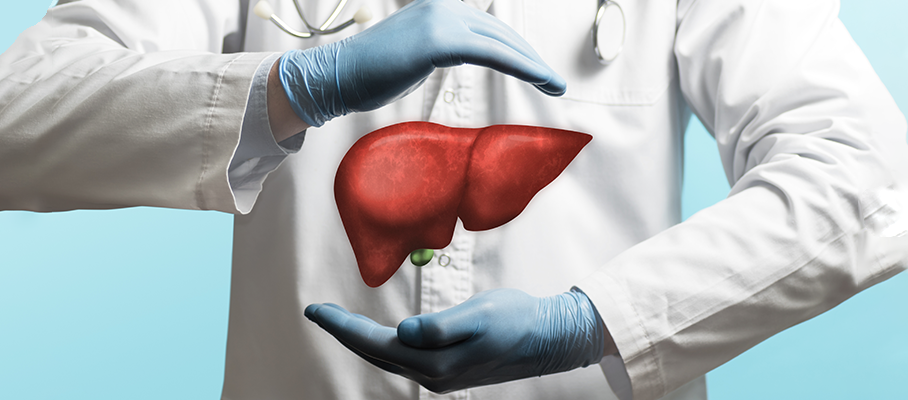Maintaining a healthy liver is essential for overall well-being. Here are some key steps you can take to promote liver health:
- Practice a Healthy Diet: Follow a balanced diet that includes a variety of fruits, vegetables, whole grains, lean proteins, and healthy fats. Limit your intake of processed foods, saturated fats, added sugars, and sodium. Include foods that are beneficial for liver health, such as leafy greens, cruciferous vegetables (like broccoli and Brussels sprouts), garlic, turmeric, and green tea.
- Stay Hydrated: Drink an adequate amount of water throughout the day to support liver function and flush out toxins. Water helps maintain the optimal flow of nutrients and waste products through the liver.
- Limit Alcohol Consumption: Excessive alcohol consumption can lead to liver damage, including conditions like alcoholic hepatitis, fatty liver disease, and cirrhosis. If you drink alcohol, do so in moderation. It is generally recommended to limit alcohol intake to moderate levels, which means up to one drink per day for women and up to two drinks per day for men.
- Exercise Regularly: Engage in regular physical activity as it helps maintain a healthy weight and reduces the risk of developing conditions like non-alcoholic fatty liver disease. Aim for at least 150 minutes of moderate-intensity aerobic activity or 75 minutes of vigorous-intensity aerobic activity per week, along with strength training exercises.
- Maintain a Healthy Weight: Obesity and excess body weight are risk factors for non-alcoholic fatty liver disease and other liver conditions. Maintain a healthy weight through a combination of a balanced diet and regular physical activity.
- Practice Safe Sex and Avoid Sharing Needles: Viral infections like hepatitis B and C can lead to liver damage and long-term liver disease. Protect yourself by practicing safe sex, using barrier methods like condoms, and avoiding sharing needles or other drug paraphernalia.
- Vaccinations: Ensure you are up to date on vaccinations for hepatitis A and B, as these viruses can cause liver damage and disease. Consult with your healthcare provider to determine if these vaccinations are recommended for you.
- Avoid or Minimize Toxins: Limit your exposure to toxins, such as industrial chemicals, pesticides, and certain medications, as they can harm the liver. Follow proper safety guidelines when handling chemicals, and consult with your healthcare provider about potential liver side effects of medications.
- Manage Chronic Conditions: Control chronic conditions like diabetes, high blood pressure, and high cholesterol, as they can contribute to liver damage and disease. Follow your healthcare provider’s recommendations for medication, lifestyle modifications, and regular check-ups.
- Avoid Unregulated Dietary Supplements: Be cautious with dietary supplements, as some can potentially harm the liver. Consult with your healthcare provider before starting any new supplements or herbal remedies.
Remember, if you have specific concerns about your liver health or suspect any liver-related issues, it is essential to consult with a healthcare professional for proper evaluation, diagnosis, and guidance tailored to your individual needs.

